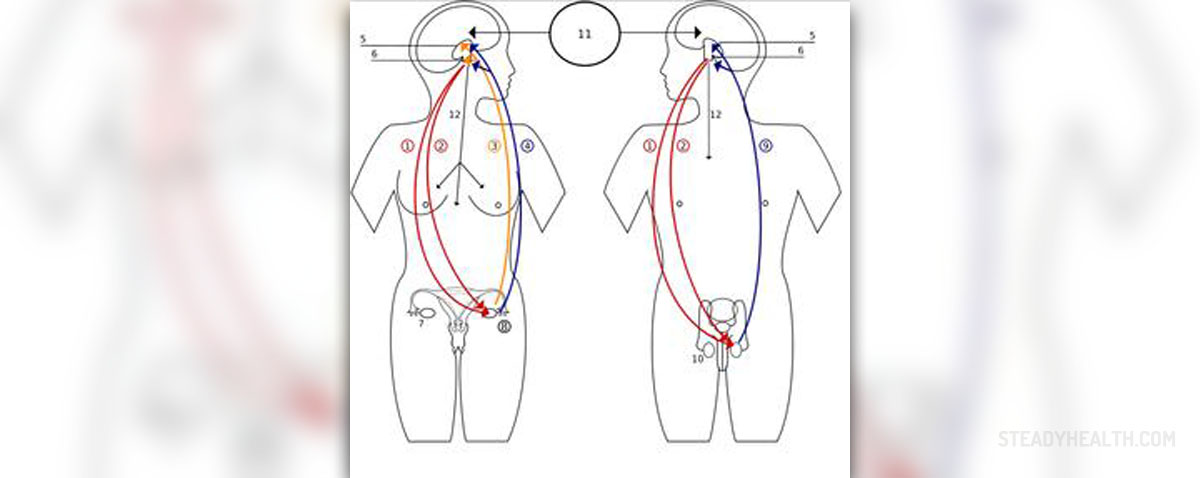
Endocrine system is a very important system in the human body. It is composed of glands that produce and secrete hormones, instrumental in processes such as regulation of growth, development, mood, metabolism, sexual and reproductive function.
In layman’s terms, endocrine system is responsible for slower processes in the body, for example cell growth. On the other hand, faster processes, such as movement, breathing and similar, are controlled by the nervous system. Still, since the human body is a system comprising of other codependent systems, both endocrine and nervous system need to work together so the body can function normally.
Endocrine system is made of different glands that produce different hormones. Hormones are responsible for passing the information and various instructions from one set of cells to another. Certain cells are programmed to respond to certain hormones and their messages.
Hormones are susceptible to changes, due to certain factors affecting the glands and due to other factors, such as stress, diet, illnesses, amount of fluids and minerals.
Major endocrine glands produce and secrete more than 20 different hormones, releasing them into the bloodstream.
Endocrine glands
The most important endocrine glands in the human body are the hypothalamus, pituitary, thyroid, parathyroid glands, adrenals, pineal body, ovaries and testes. Other, non-endocrine organs, also produce certain hormones, even though they are not glands.
Each gland has its own role in the body. The hypothalamus, located in the brain, is the main link between the endocrine and the nervous system. It also regulates the secretion of pituitary hormones.
Pituitary gland, even though very small, is probably the most important part of the endocrine system. It produces hormones that control several other glands, which is why it is sometimes called “the master gland”. This gland produces growth hormone, prolactin, thyrotropin and corticotropin.
Thyroid gland, located in the neck, produces hormones that control the transformation of fuel from food into energy. It is also important for bone growth and brain and nervous system development in children. Parathyroid glands are located on each side of thyroid gland and they release a hormone that controls calcium levels.
Adrenal glands, located on the kidneys, produce corticosteroids which regulate the functioning of the immune system, metabolism and sexual functions, and they also release adrenalin, which controls the way in which the body reacts to stress.
Reproductive glands, ovaries in women and testes in men, are responsible for sexual characteristics and for the reproductive function such as semen production and menstrual cycle.
















Your thoughts on this
Loading...